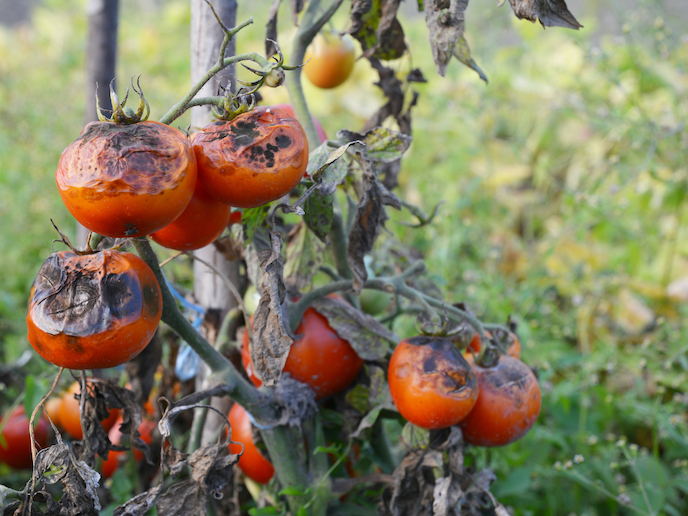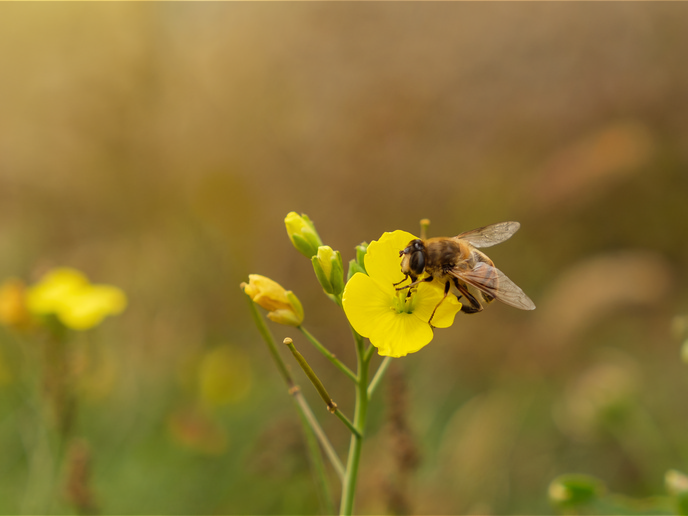Microbe-induced resistance can boost crop health
Plants continuously interact with a myriad of microorganisms, especially around their ‘root zone’. Some of these microorganisms are known to boost the plant’s defences against harmful insects and pathogens. One way this happens is through priming, where the beneficial microorganisms prompt plants to respond faster and stronger to attack. Being able to systematically add such beneficial microbes to cultivated plants could reduce crop loss to pests and diseases, while avoiding the use of environmentally damaging pesticides. However, a major barrier to achieving this is that microbe-induced resistance is highly context-dependent. Benefits to plants vary according to environmental conditions such as local climate and stress, alongside the presence of other organisms which can help or hinder plant health. As a Marie Skłodowska-Curie Actions(opens in new window) innovative training network (ITN), the MiRA project(opens in new window) was set up to give PhD researchers the tools and methods to investigate the physiological and molecular mechanisms involved in plant-microbe-pest interactions. Additionally, the project wanted to confirm that microbe-induced resistance is not likely to affect plants’ other biological systems, while also evaluating the commercial potential of the technology. “By studying tomatoes and potatoes in detail, our early-stage researchers generated a unique data set about the molecular and physiological processes of microbe-induced resistance. To our knowledge, no other such resources exist elsewhere in the public domain,” Thure Pavlo Hauser, the project coordinator, says. The project also interviewed stakeholders, such as farmers and other food producers, finding that uncertainty about this technology presented a barrier to its acceptance.
Crop experimentation
Tomato and potato plants underwent experiments with and without beneficial microbes (from fungi to bacteria) and pest insects, and under different conditions of light, nutrients, drought and presence of pathogens, amongst other stressors. The researchers analysed how the plant’s defences responded to microbial treatments, as well as how these affected pest insects and pre-existing microbial communities on the plants and in the pest insects. “Intriguingly, under commercial cultivation conditions in Spain, tomato plants treated with beneficial microbes were attacked less by two major pests,” explains Hauser. “Additionally, this seeming boosted protection is especially pronounced during drought and at intermediate phosphorous fertilisation levels, highlighting the role of hormones and chemical defences.”
Highly trained researchers to help shape the future of food
While microbial inoculants for agricultural plants, such as mycorrhizal(opens in new window) fungi, are already on the market, they mostly improve nutrient uptake in plants. Until more is known about microbe-induced resistance, farmers are likely to continue using more environmentally damaging chemical solutions to crop control. “To make this science and technology more attractive to food producers, we need highly trained specialists to develop this relatively new field. MiRA’s 15 young researchers have already contributed vital knowledge and will certainly be valuable to companies and research institutions,” concludes Hauser. While MiRA’s multifaceted research could continue in many different directions, a focus area is likely to be better tools for monitoring and predicting the benefits of microbes for plant defence, in the field and lab. In addition, researchers will continue to develop targeted microbial inoculations for use in a range of contexts as well as gaining more knowledge about microbe maintenance in soils.







